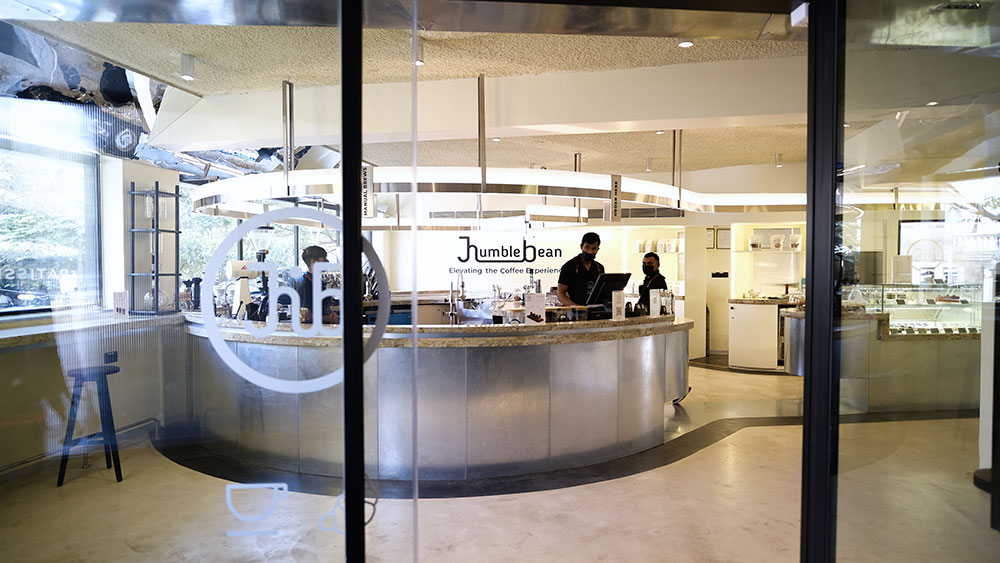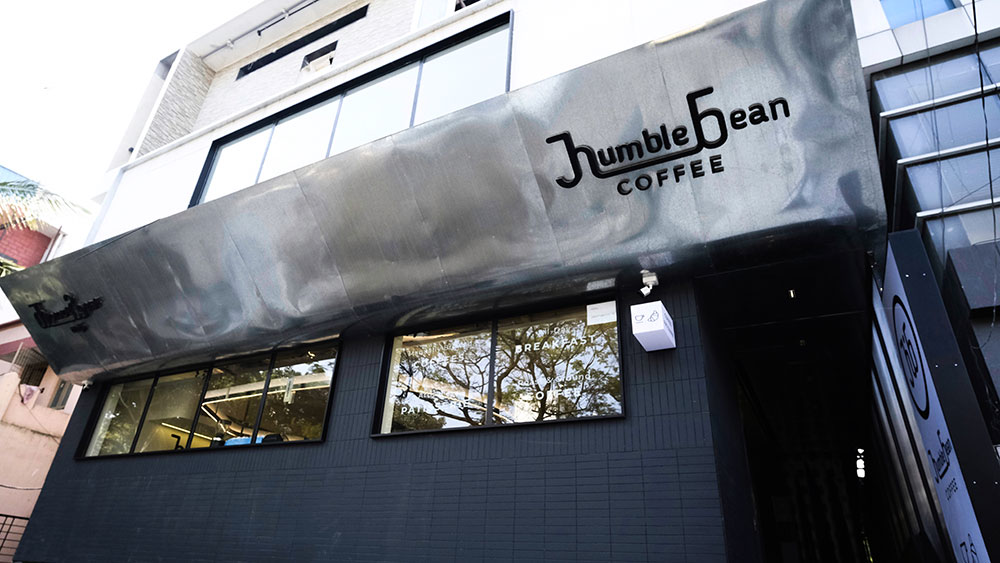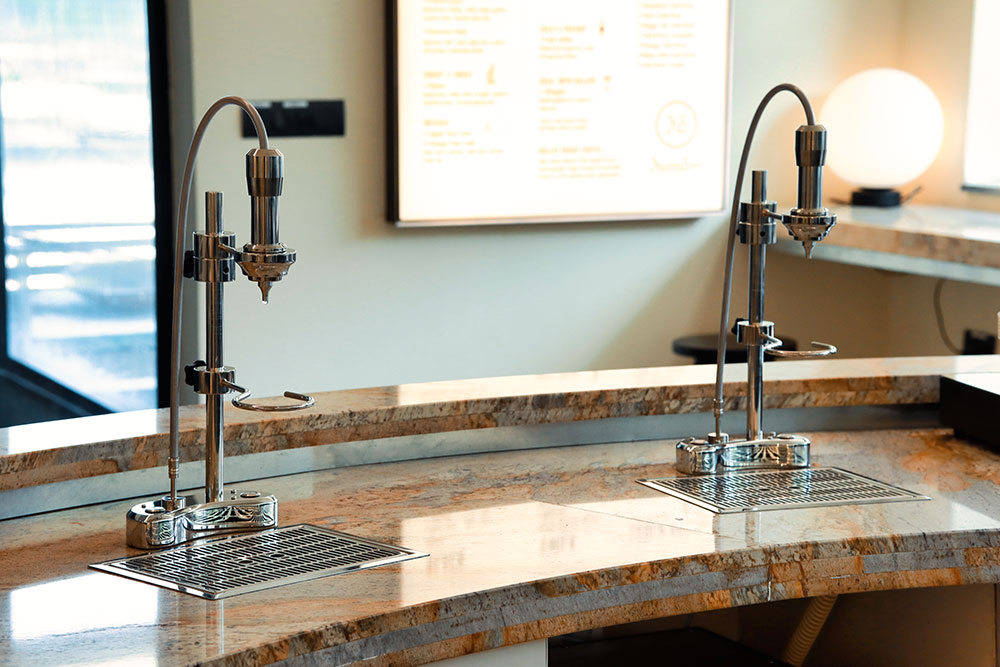Cafe Case Study: HumbleBean Coffee, Karnataka India
This post is another in our Cafe Case Study series. We interview cafe owners to learn about the vision behind their space and then ask them a bit about the equipment they chose and why they made that decision.
Use these case studies as inspiration for your own cafe dreams or simply to get a behind-the-scenes look at some beautiful coffee spaces around the world.
Want to be featured in a future case study? Send us an email: alla@modbar.com
Enjoy!
The Details:
HumbleBean Coffee in Bengaluru, Karnataka, India. As told by the founder Soomanna Mandepanda.

What made you want to open a coffee shop?
HumbleBean has been investing in the holistic coffee business since its inception in 2017. I myself am a third-generation small farmer who moved to the city in search of greener pastures after finishing college.
At HumbleBean, we have always believed in the fourth wave of coffee, the concept of social value investing, and the importance of a circular economy for the greater good of the coffee value chain.
Since we wanted to take this approach, we began by collecting coffee from farmers, gaining access to them, and providing them with free orientation on quality processing. It was critical to bring in 90% of Indian farmers in the small and medium categories. This allowed good coffee to be accessed from a greater variety of regions across India, which prompted us to consider how we could make this a reality.
Thus, the Coffee Academy was born. The academy has now developed a three-month curriculum for a hotel management college and has conducted “Coffee Philosophy” workshops for several brand owners. In a nutshell, the academy generates revenue while at the same time providing free value addition to the farming community. This is the circular economy example that I was referring to earlier.

Now comes the question of “Why the Café?”
HumbleBean Café features all of the coffee procured through the farms we have worked with across India’s coffee-growing regions. We have worked with individual farmers as well as FPOs. The café ties into the overall concept of social value investing because as we grow in size, we will be able to include more farmers and initiatives. We would love to share some photos of our lab in the place of production and the training programs we’ve run so far.
How would you describe the brand?
We aim to be an Indian global brand, elevating the coffee experience and food pairing while remaining socially conscious.

What equipment are you using to make coffee? Why did you choose this equipment?
We have been operating as a fully manual brew bar for the past two years, believing that each coffee has an expression that should be respected and treated well.
We also plan to develop exclusive espresso bars in the future. India produces high-quality, palatable Robusta, and we want to commemorate this by having the best espresso bar-based formats.
Another factor that compelled us to focus on manual brewing equipment was the urgent need to persuade Indians to believe in the art of manual brewing—educating the fact that this can be done in the comfort of their homes, enjoying the beverage in its purest form – black coffee.
Describe your bar or customer flow. break this down for us. how did the equipment influence the flow? or vice versa?
Modbar improves the manual brewing experience, engaging the customer. Our baristas are passionate about the process and incredibly knowledgeable.
We pride ourselves on having a variety of blends available via manual brew.
As we think of a sustainable future, our agro-business engages the farmer by making more variety available, and rotating coffee types each month.

Describe the location/demographics of the area where you opened. Why did you choose this area?
We chose Bangalore as the city for our first concept store because it is our home. The location, Indiranagar, has a large concentration of discerning customers and great brands catering to these customers.

What’s one thing that makes your coffee shop special?
The variety of coffee beverages originating from various processing methods and regions, an array of cold brew mocktails, and all of this paired with food from a French patisserie that strives to deliver food with natural, high-quality ingredients and no preservatives used, distinguishes us in India.
Second, we were founded by a small farmer who grew up on a farm in his village and saw it all come to fruition while successfully fostering a circular coffee economy.

Interested in connecting with the HumbleBean Coffee team to learn more?
Find them on Instagram.